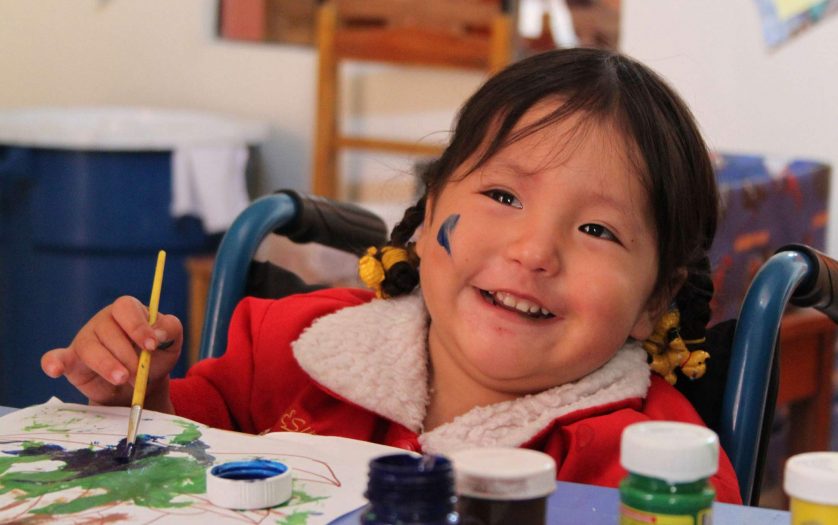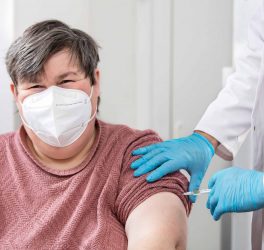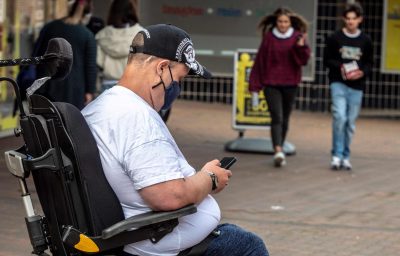
The Asian Development Bank (ADB) and the Government of Mongolia today signed two projects, one that will strengthen the country’s response to the coronavirus disease (COVID-19) pandemic and another that will improve its efforts to provide children with disabilities better access to quality education.
ADB Country Director for Mongolia Pavit Ramachandran and Mongolia’s Minister of Finance Khurelbaatar Chimed signed agreements for the projects, comprising a $1.5 million grant to boost Mongolia’s pandemic medical responses and a $2 million grant that will promote its push for inclusive education. The $1.5 million grant came from the Asia Pacific Disaster Response Fund (APDRF), which is sourced from the Government of Japan’s contribution to the APDRF; while the $2 million project grant came from the Japan Fund for Poverty Reduction (JFPR), administered by ADB.
“The poverty rate in Mongolian households with one or more persons with disabilities is more than double compared to those with none. The inclusive education project not only seeks to address poverty among one of Mongolia’s most marginalized groups, it will also empower children with disabilities and their families, especially mothers as their primary caregivers,” said Mr. Ramachandran. “This is in line with ADB’s priority to reduce inequalities, which is largely hinged on social inclusion and stronger support for education.”
Mongolia has avoided community transmission of COVID-19 through aggressive contact tracing and strict quarantine protocols. However, the economic recession caused by the lockdown threatens resources for health care and delivery of medical services, with the economy contracting by 9.7% in the first half of 2020.
Sterile isolation wards and intensive care services—critical for COVID-19 treatment—are limited, and the health sector will need to boost its preparedness against the pandemic if the health crisis continues.
This grant will complement the earlier COVID-19 assistance provided by ADB to Mongolia such as the $100 million COVID-19 Pandemic Response Option and the $30 million Fifth Health Sector Development Program, as well as the $26.4 million Shock Responsive Social Protection Project.
The JFPR grant for inclusive education will improve accessibility features such as ramps, modified toilets, railings, and braille signage in selected mainstream schools and kindergartens. The project will also work with local and global innovators to provide assistive devices to enhance learning.
Mongolia’s Ministry of Education and Science is committed to a shift away from the dual system of mainstream and special education. The project will go beyond improved infrastructure to also train teachers and school administrators on developing inclusive learning environments, and work with disabled people’s organizations on community engagement.
ADB is committed to achieving a prosperous, inclusive, resilient, and sustainable Asia and the Pacific, while sustaining its efforts to eradicate extreme poverty. Established in 1966, it is owned by 68 members—49 from the region.






